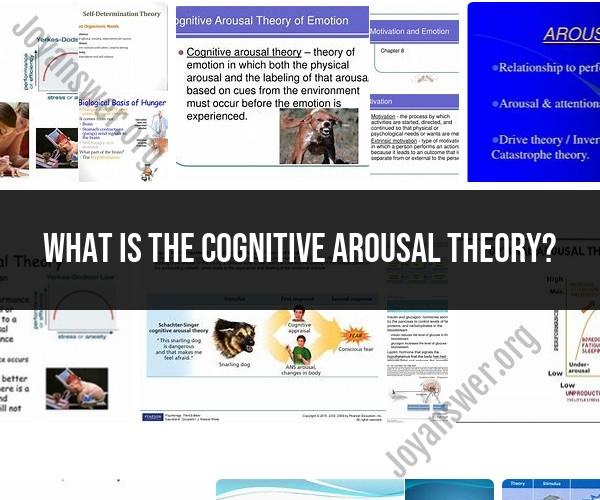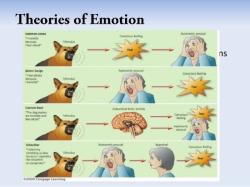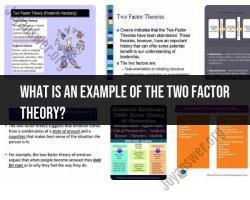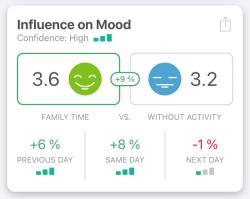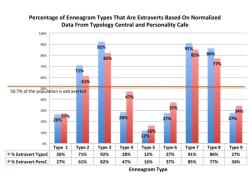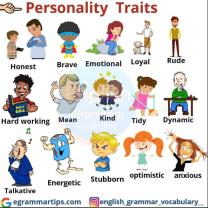What is the cognitive arousal theory?
Cognitive arousal theory is a psychological concept that seeks to explain emotional responses in individuals by focusing on the interplay between cognitive processes (thinking) and physiological arousal (bodily reactions). This theory suggests that our emotions are not solely determined by physiological responses (such as heart rate or sweating) or cognitive evaluations (thinking), but rather by the combination of both factors.
Here are the key components of cognitive arousal theory:
Cognitive Appraisal: According to the theory, when an individual encounters a stimulus or situation, they engage in cognitive appraisal. Cognitive appraisal involves evaluating the significance or meaning of the stimulus. This evaluation includes assessing whether the stimulus is relevant to one's goals, values, or well-being.
Physiological Arousal: In response to the cognitive appraisal, the body may experience physiological arousal. This can manifest as increased heart rate, sweating, muscle tension, or other bodily responses. The intensity and nature of the physiological response can vary based on the individual's appraisal of the situation.
Emotional Experience: The theory suggests that the cognitive appraisal and physiological arousal combine to create the individual's emotional experience. In other words, the way a person interprets a situation (appraisal) and their physiological response interact to produce their emotional state.
Emotion Labels: Once an individual experiences emotions, they often label these emotions based on their appraisal and physiological state. For example, if someone appraises a situation as threatening and experiences a strong physiological response (e.g., increased heart rate), they may label their emotional state as fear.
Two-Factor Theory of Emotion: Cognitive arousal theory is related to the two-factor theory of emotion, which was proposed by psychologists Stanley Schachter and Jerome Singer in the 1960s. The two-factor theory emphasizes the role of both physiological arousal and cognitive interpretation in the experience of emotions. According to this theory, people use their cognitive appraisal to help them label and identify their emotional state.
Cognitive arousal theory highlights that emotional experiences are not solely driven by physiological responses but are also influenced by cognitive processes that help individuals make sense of their bodily sensations and the external stimuli they encounter. This perspective recognizes the complex and interactive nature of human emotions.
Overall, cognitive arousal theory offers insights into how individuals perceive and experience emotions in response to the events and circumstances they encounter, taking into account both cognitive evaluations and physiological reactions.
